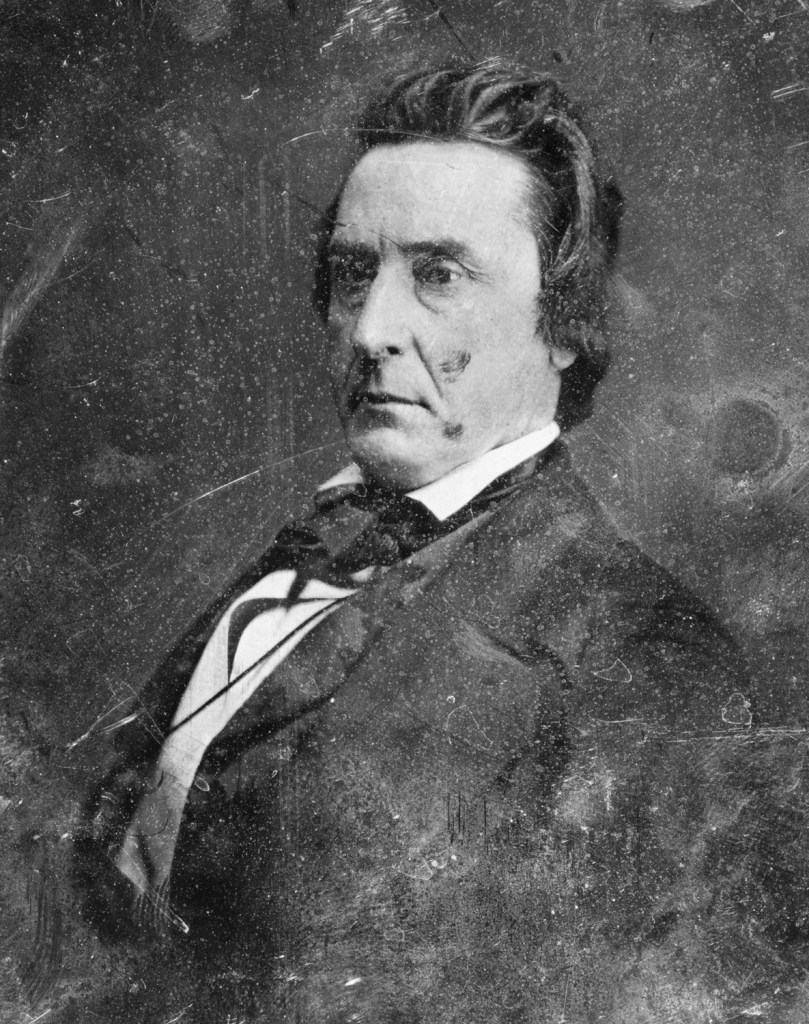On a statue in Plattsburg, Missouri, an inscription reads, “David Rice Atchison, 1807-1886, President of the U.S. [for] one day.” The day of President Atchison’s presumed presidency occurred on March 4, 1849.
Few know the name David Rice Atchison, yet some claim that Atchison was a president of the United States. However, history books don’t recognize him as such.
In 1848, Zachary Taylor won the presidential election.

The four-year term of the outgoing president, James K. Polk, and his vice president, George Mifflin Dallas (for whom the City of Dallas, Texas, is named), was to end at noon on March 4, 1849.
President Taylor was scheduled to take the oath of office that same day.
However, Taylor decided that he didn’t want to take the oath of office on March 4 because it was a Sunday. He announced he would wait until the next day, Monday, March 5.
That meant that from noon on March 4, 1849, when Polk’s term expired, until noon on March 5, when Taylor would be sworn in, there would be no elected president or vice president in office.
A law had been enacted by Congress on March 1, 1792, that provided that “in case of the removal, death, resignation or disability of both the President and Vice President of the United States, the President of the Senate Pro Tempore shall act as President.”
The vice president resides over the Senate. The Senate selects a president pro tempore, a temporary president, who presides during the absence of the vice president.
The president of the Senate Pro Tempore at the time that Polk’s term of office came to an end was David Rice Atchison.
He served from noon on March 4, 1849, until Zachary Taylor took the oath of office at noon on March 5. David Rice Atchison was president for a day.
Although Atchison was never actually sworn in as president, never signed any legislation, and never lived in the White House, some people think that he deserves to be listed with Washington, Jefferson, Lincoln, Kennedy, Reagan, and all the others.
Unfortunately for Atchison’s shaky claim, his Senate term also expired at noon on March 4, thereby denying him the chance to become president.
When the Senate of the new Congress convened the following day to allow new senators and the vice president to take the oath of office, with no president pro tempore, the secretary of the Senate called members to order.
No one planning to attend Taylor’s March 5 inauguration seemed to have realized that there had been a “President Atchison” in charge.
Nonetheless, for the rest of his life, Atchison enjoyed polishing this story, describing his “presidency” as “the honestest administration this country ever had.”

















